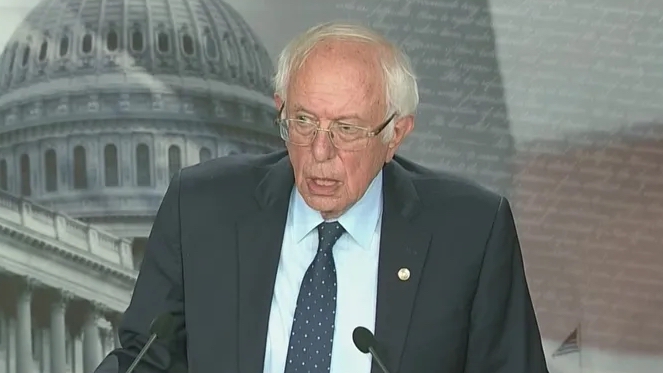This morning, I came across this story: Land trust preserves Sandy Mush land. Here’s the short version. In the ’70s, a commune bought some land and moved to the mountains of North Carolina. They’ve been living there since, and they’ve not developed the land they own – no logging or building to speak of. But now the members are getting older, and their children are moving away. They can’t preserve the land themselves anymore, but they don’t want it developed.
And so, they’ve sold the land to the Southern Appalachian Highlands Conservancy, a private non-profit that
works to conserve the unique plant and animal habitat, clean water, local farmland and scenic beauty of the mountains of North Carolina and east Tennessee for the benefit of present and future generations…by forging and maintaining long-term conservation relationships with private landowners and public agencies, owning and managing land, and encouraging healthy local communities.
I make no judgement whatsoever about whether or not this is the right thing to do with the land. I like forests. I also like living in a city full of all sorts of conveniences that require development. There’s some sort of balance to be struck, and I don’t have any opinion about where this mountain ought to fit into that mix.
But neither does the government know where to draw those lines. They do it all the time through zoning laws, national and state parks, and other land conservation and preservation measures. But they’re really not well placed to make those judgements.
This conservancy, and the strategy adopted by the members of the commune who own the land, demonstrate a better way to make these judgements – through the market. People care about conservation, so they give to the conservancy, which is able to aggregate funds and purchase large areas of land. The commune wants to preserve its land, so it sells to a conservancy that agrees to maintain it in a particular way. Taxpayers aren’t dragged into the equation. It’s all voluntary. Everyone’s a winner.
People often argue that there are big things, like land conservation, that government needs to do because they’re just too big for people to handle on their own. I think this story proves that’s often not the case at all.


